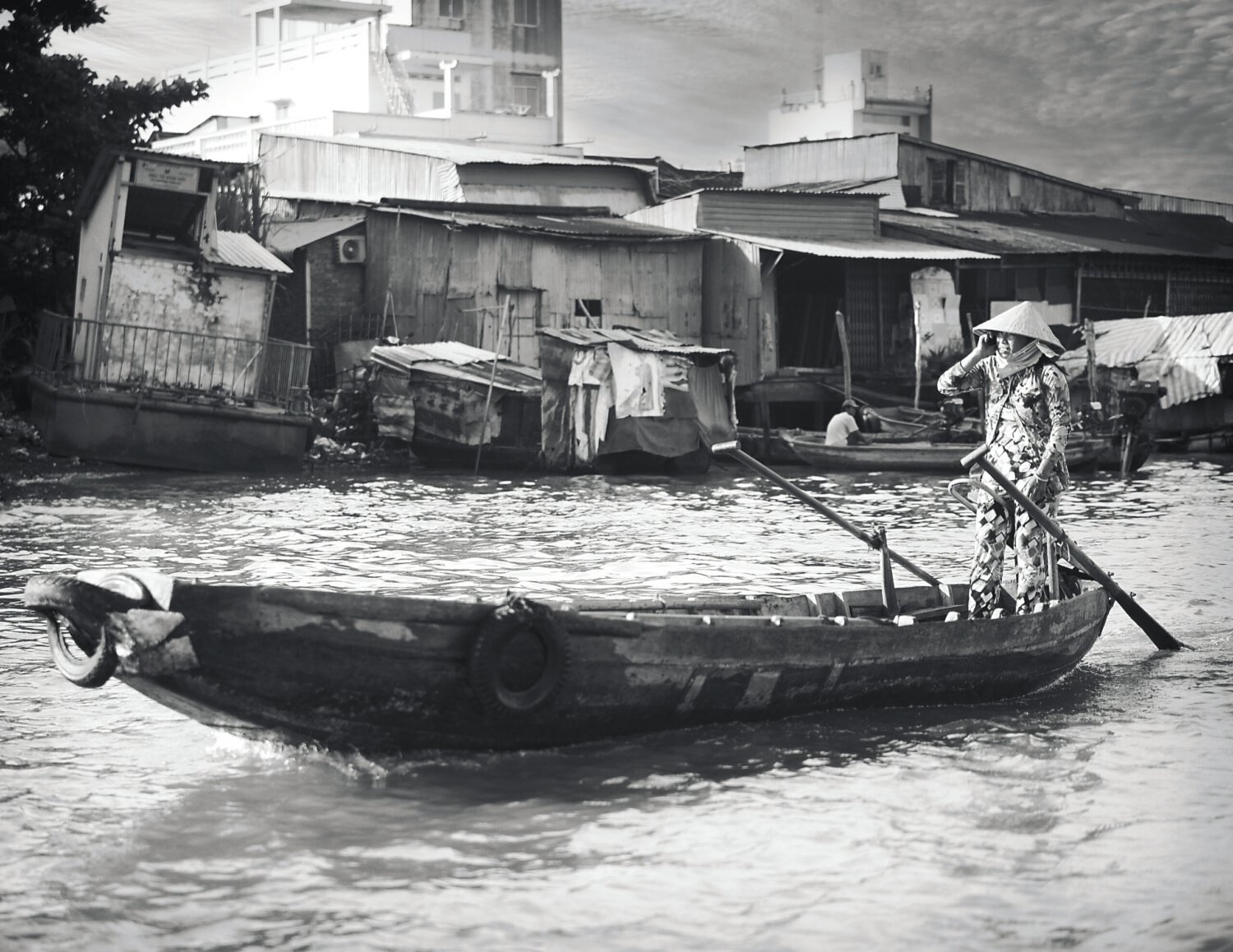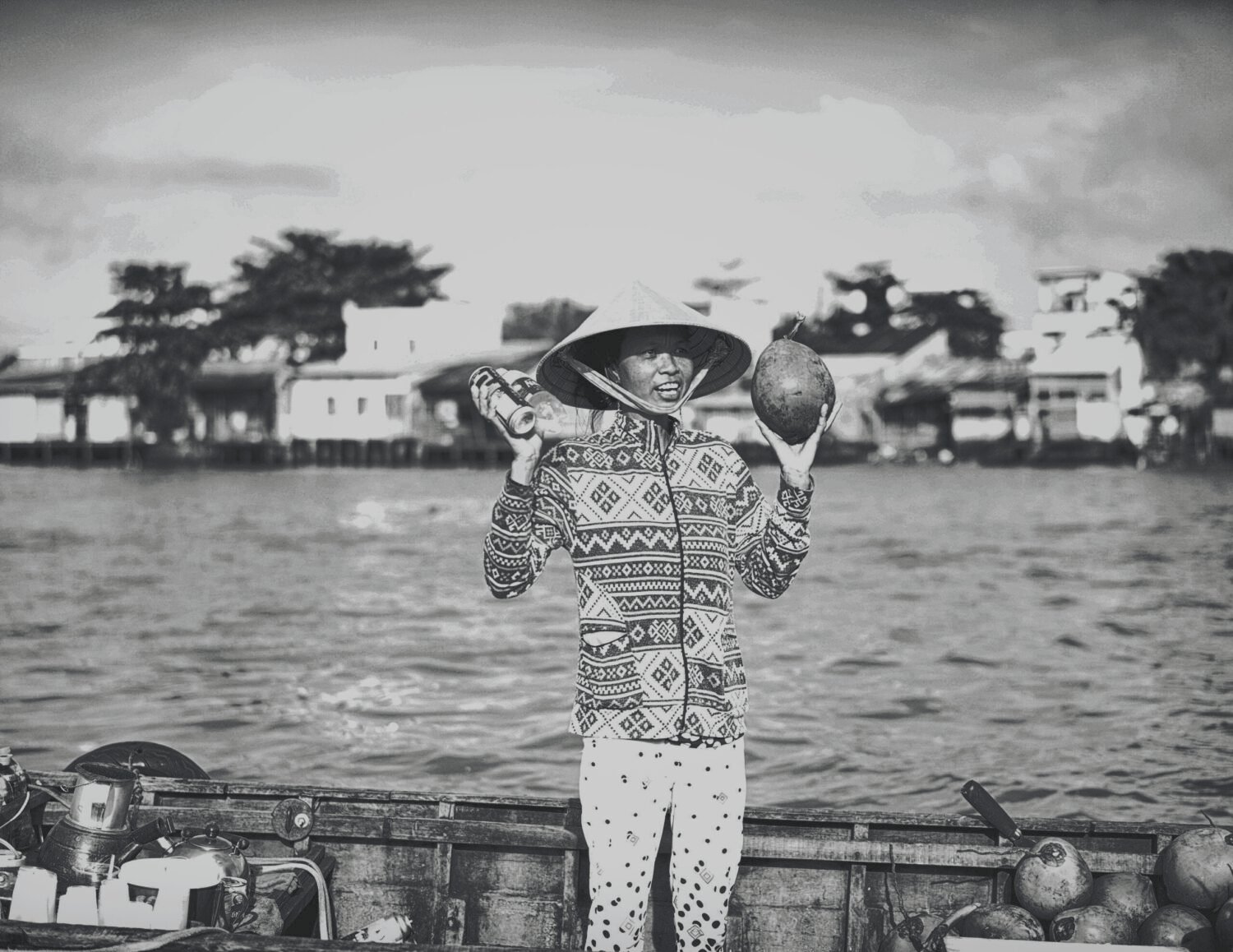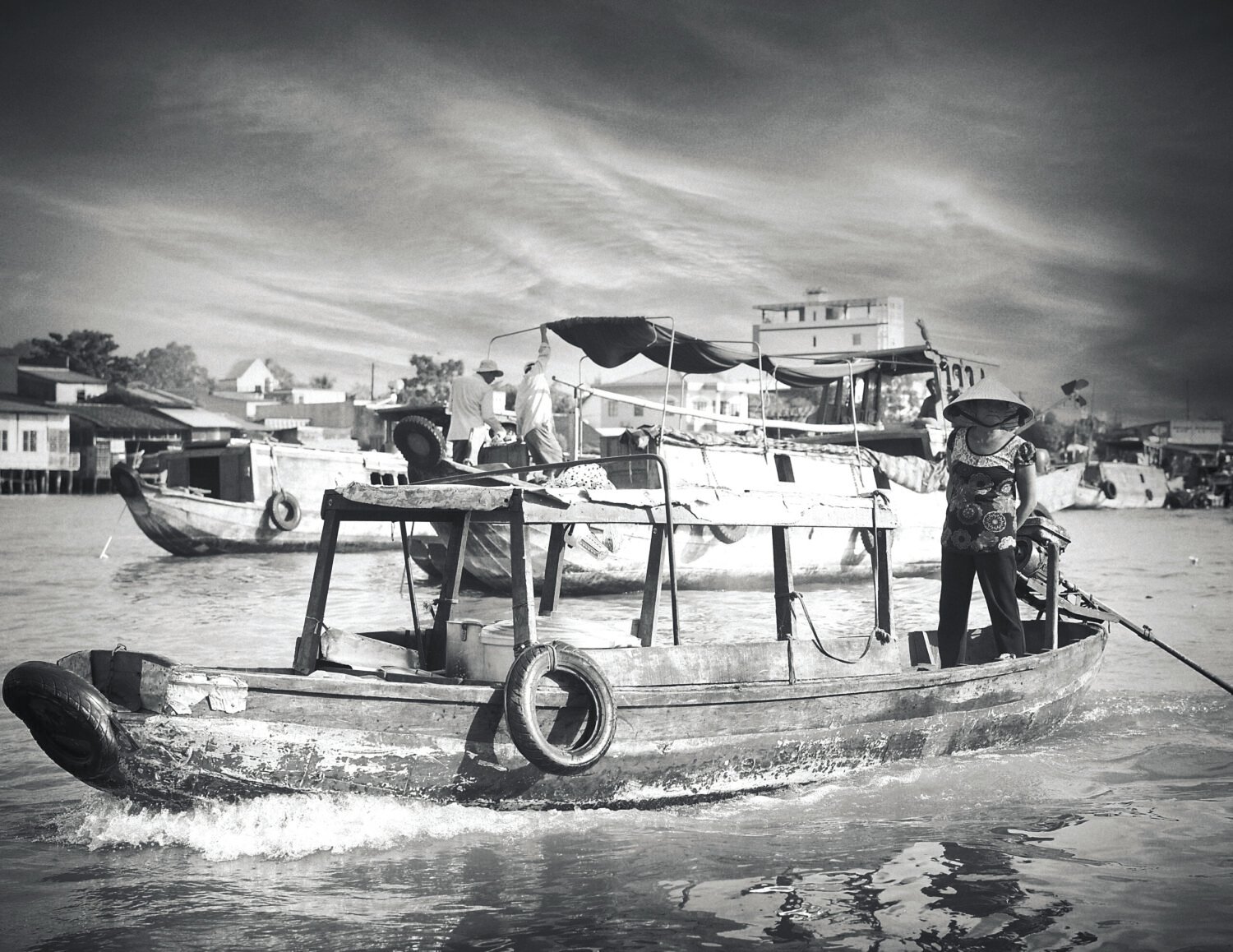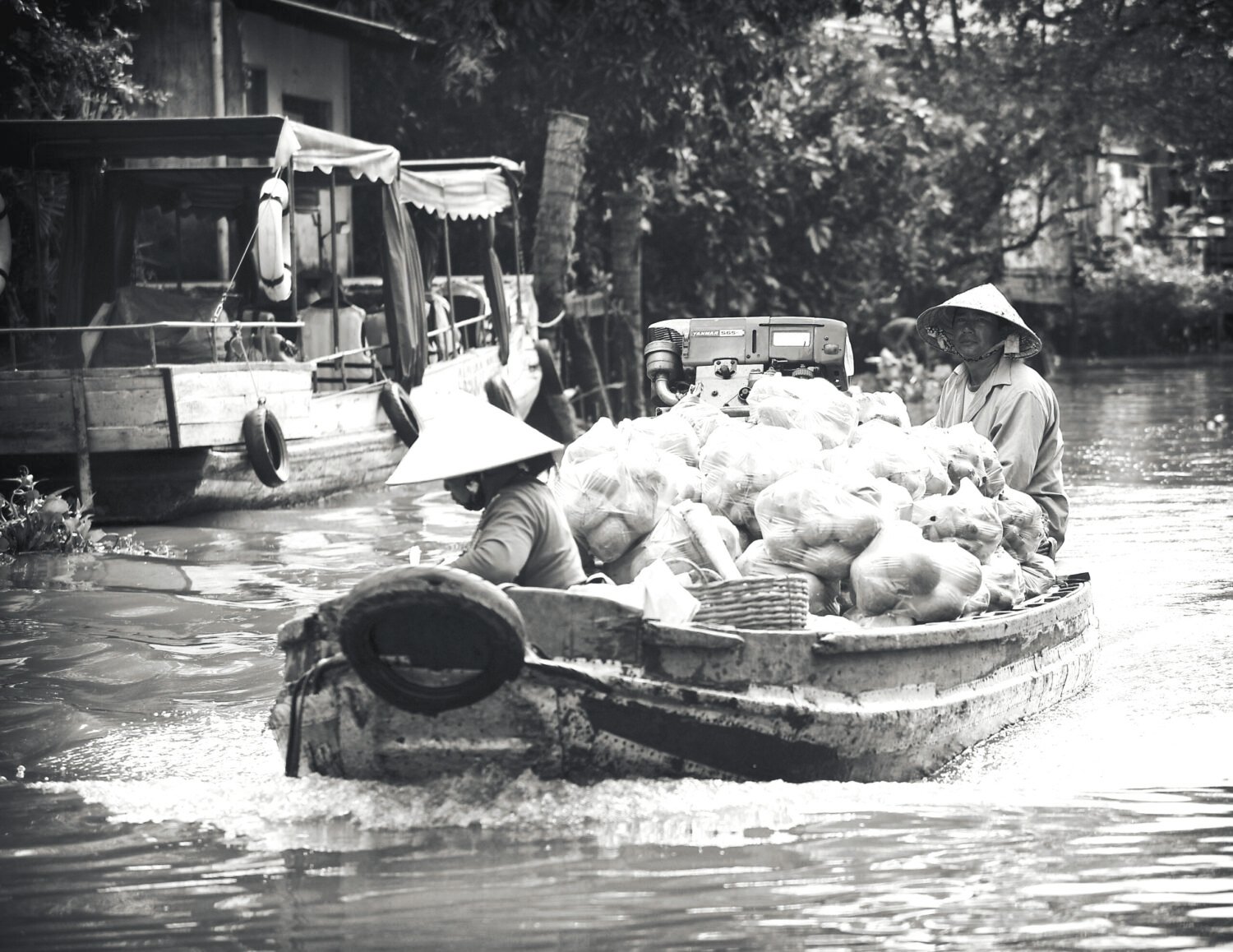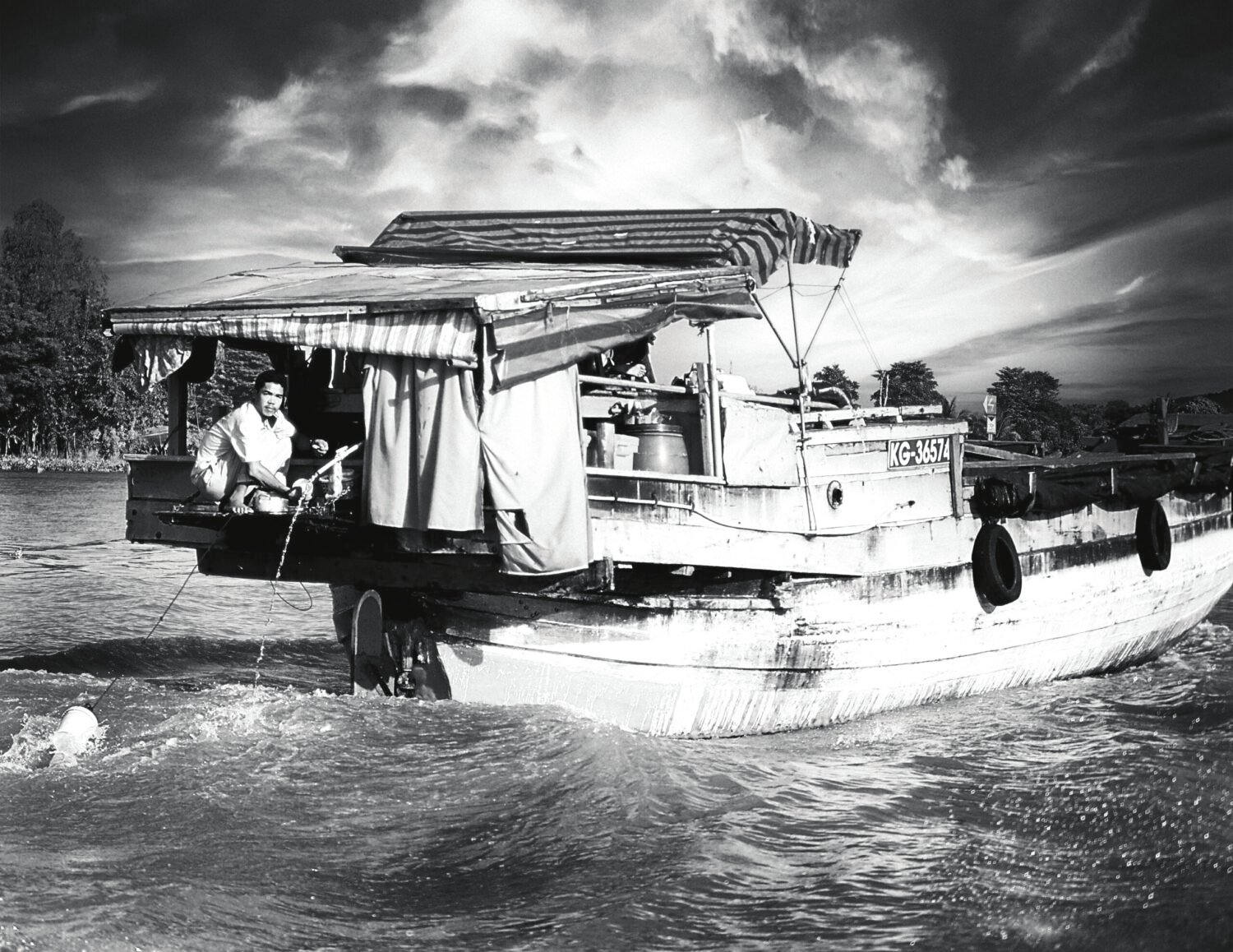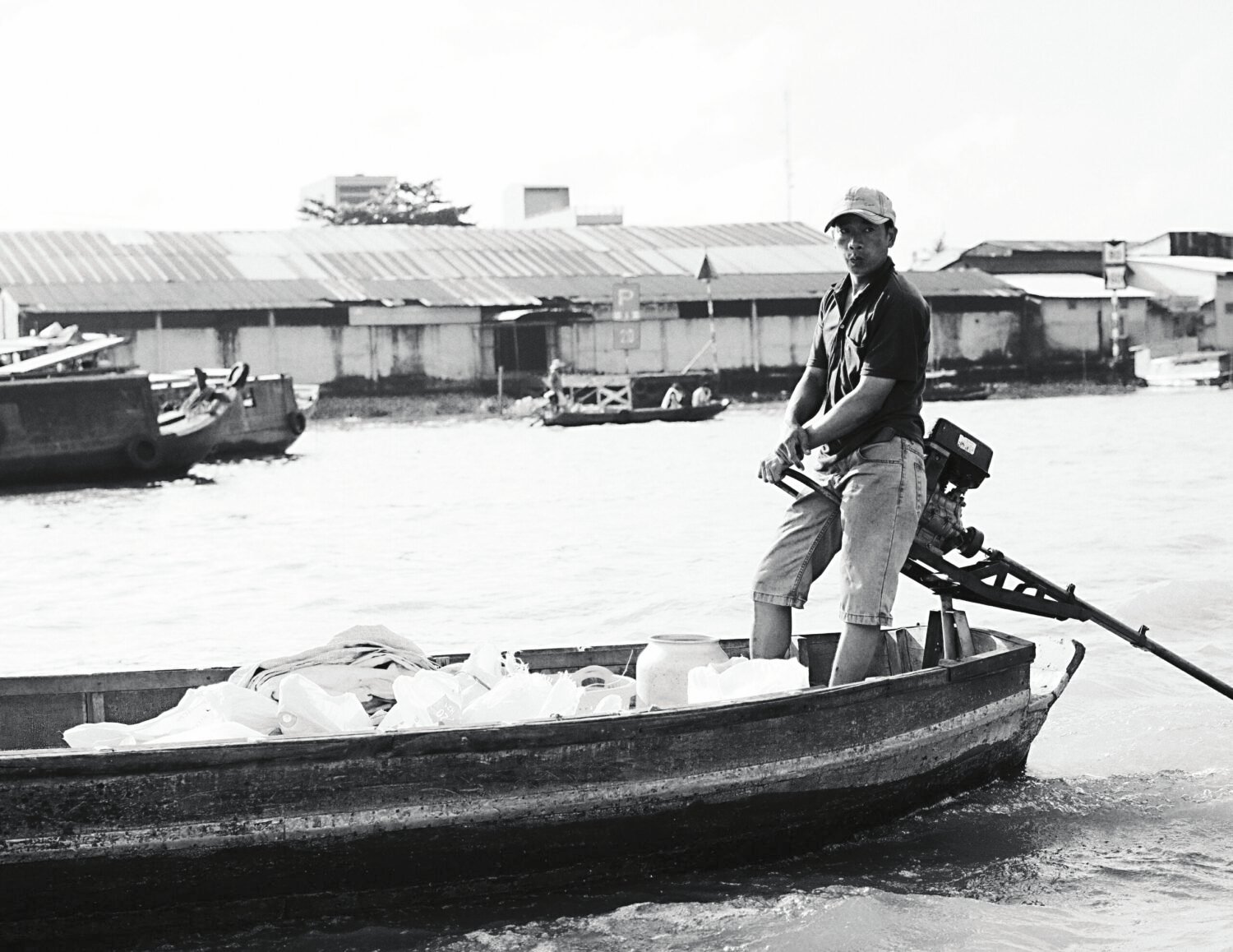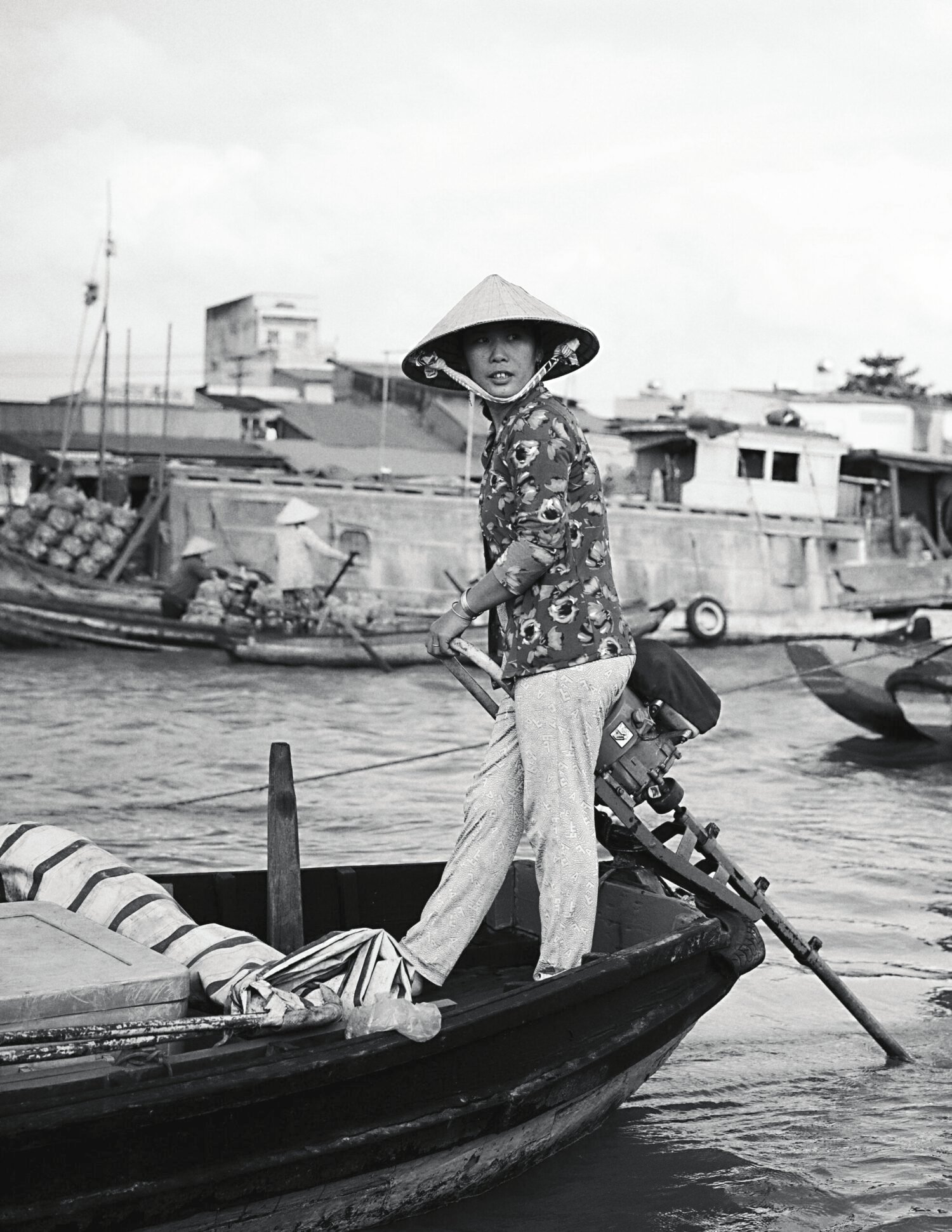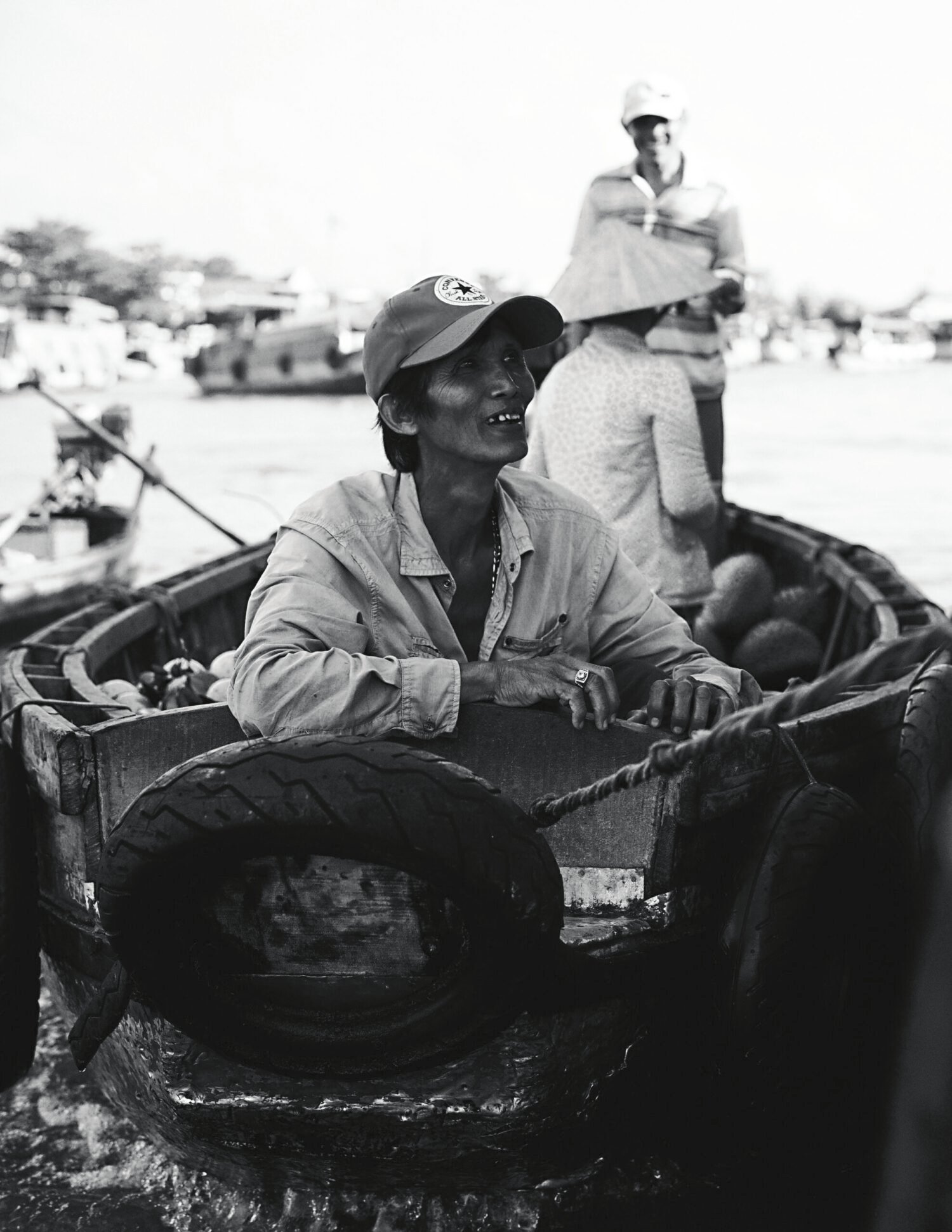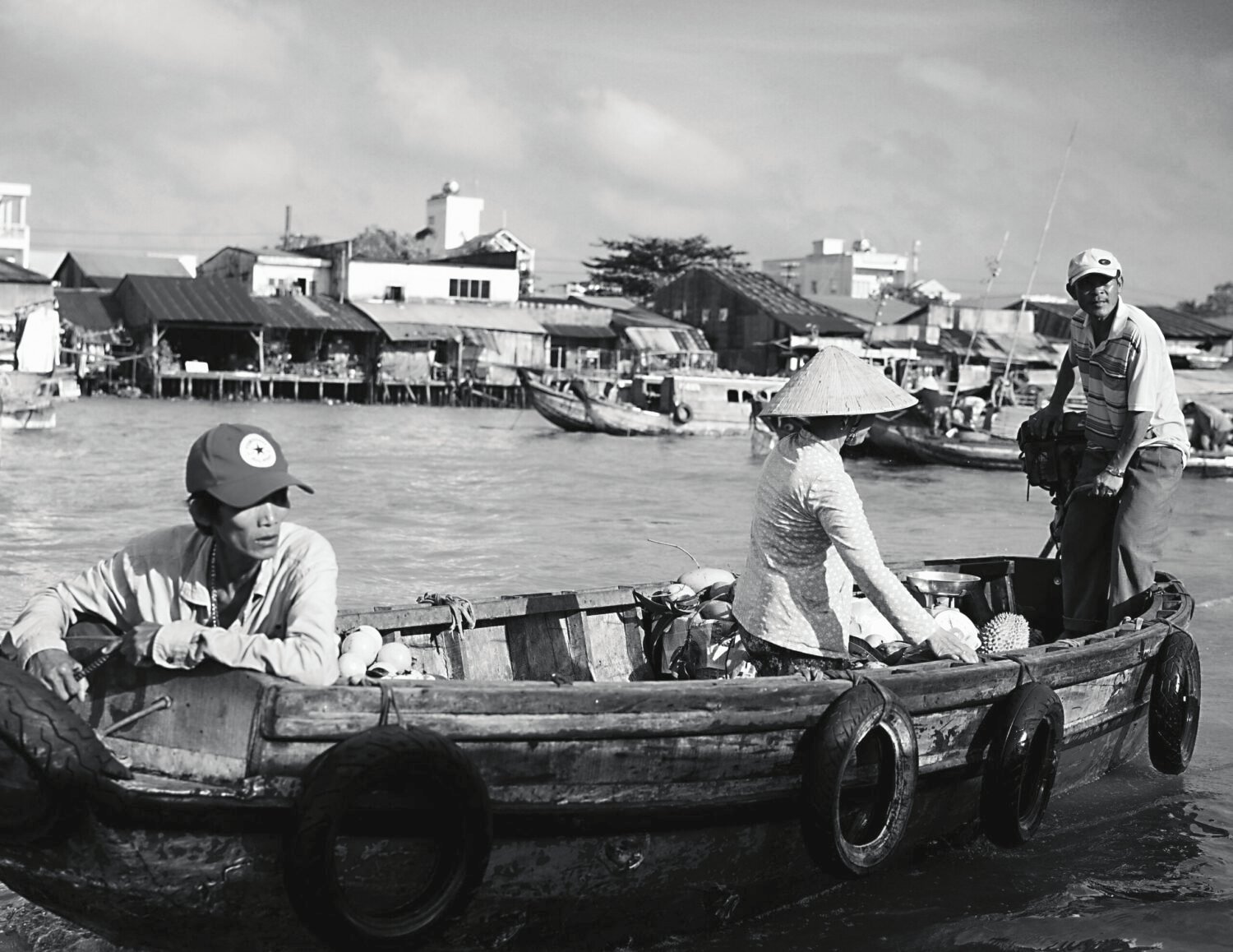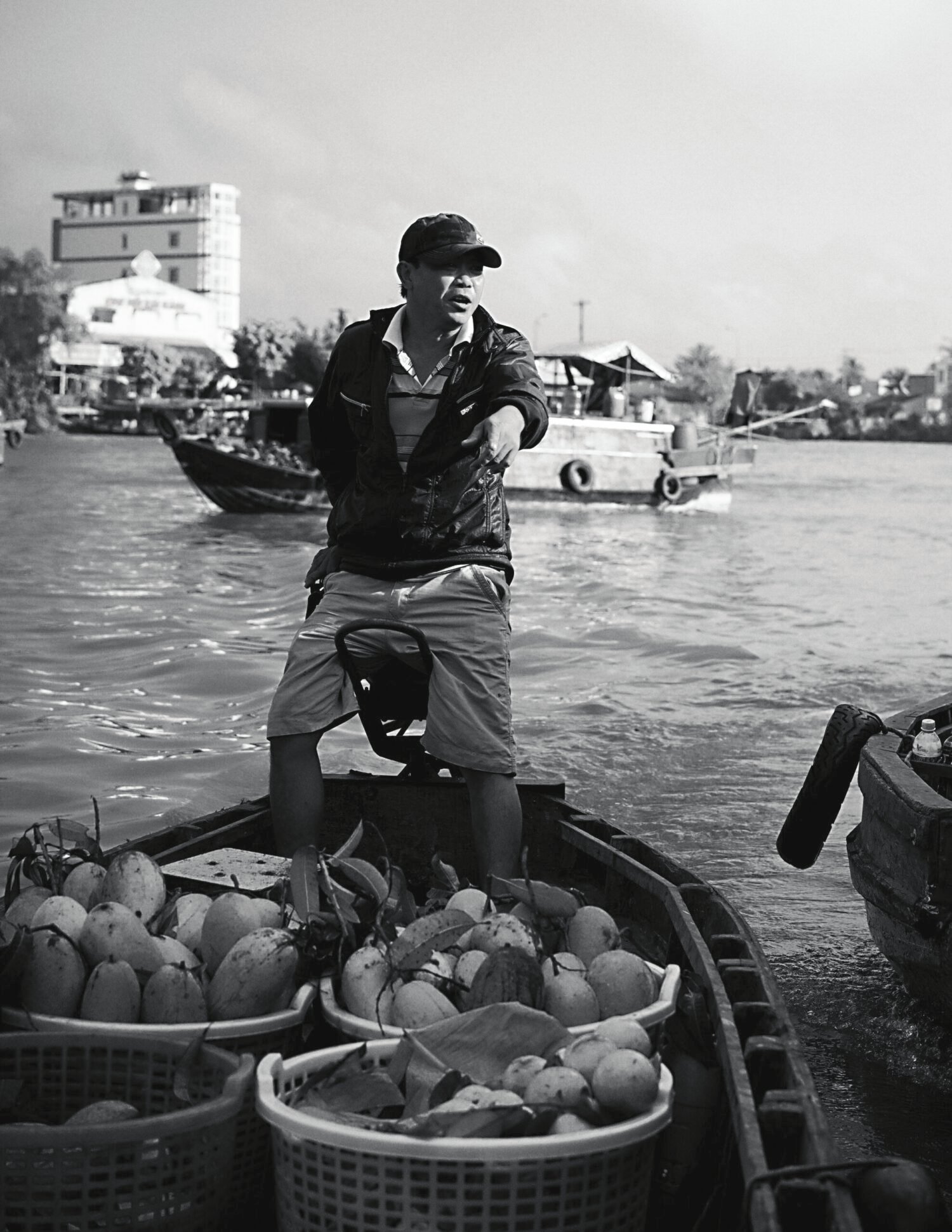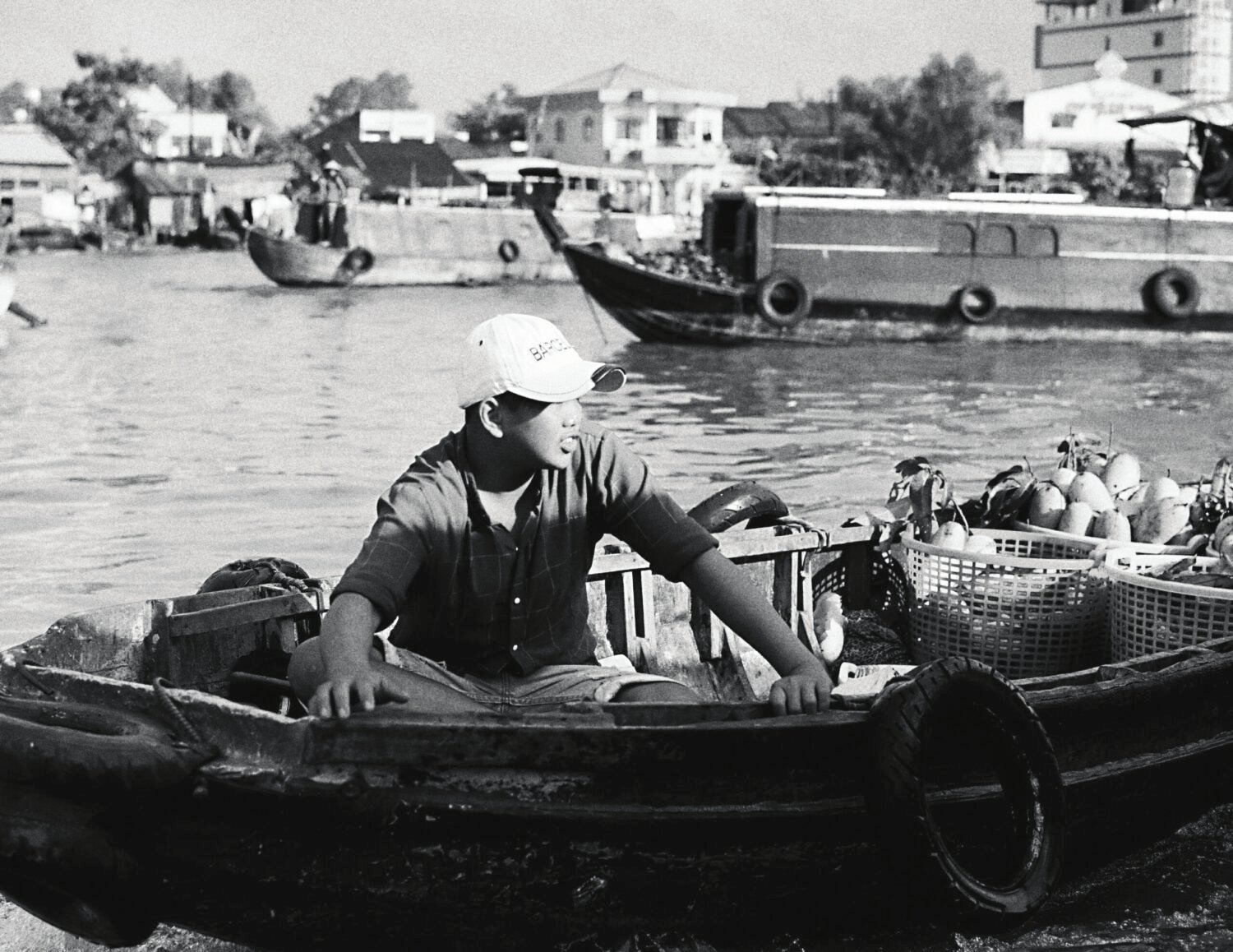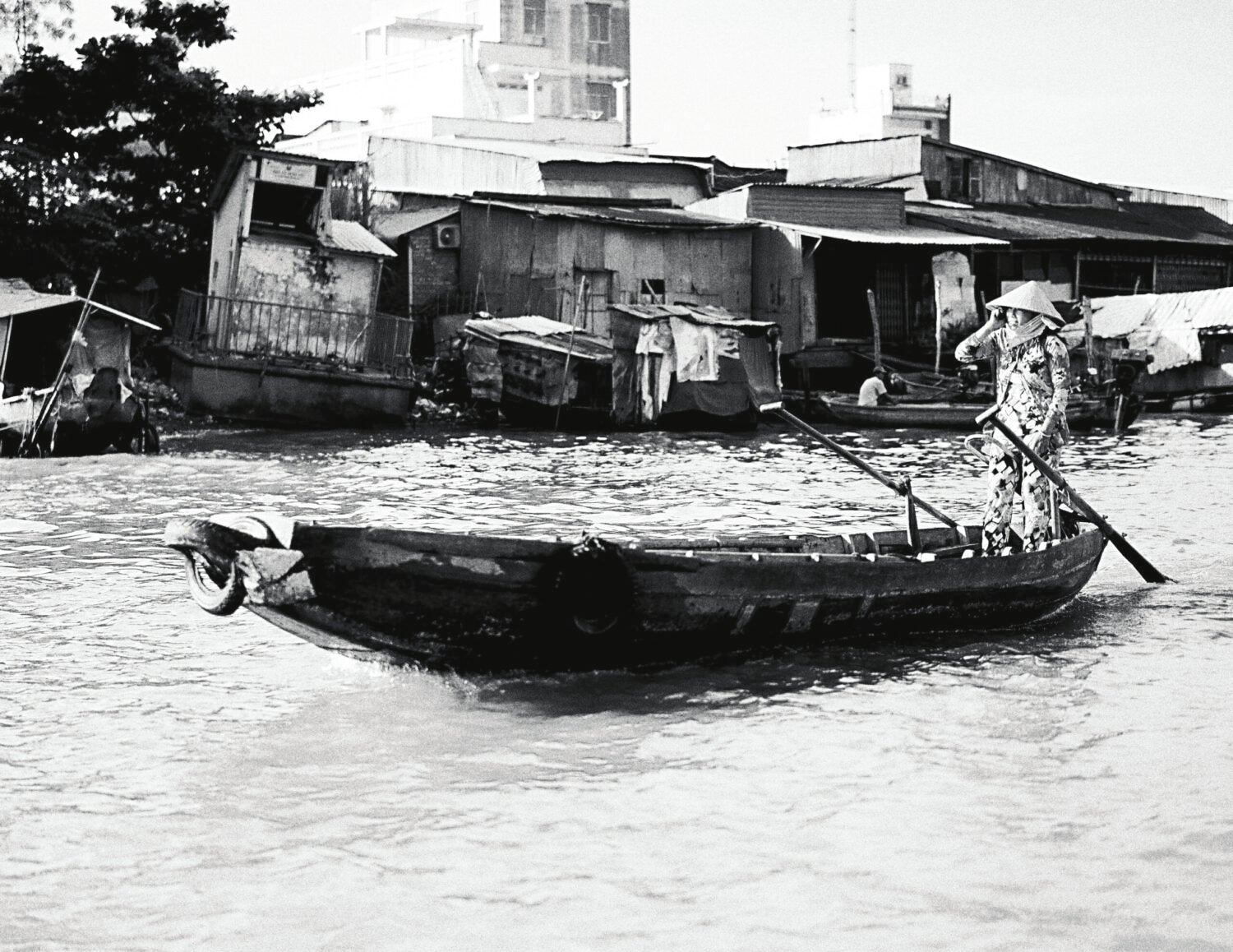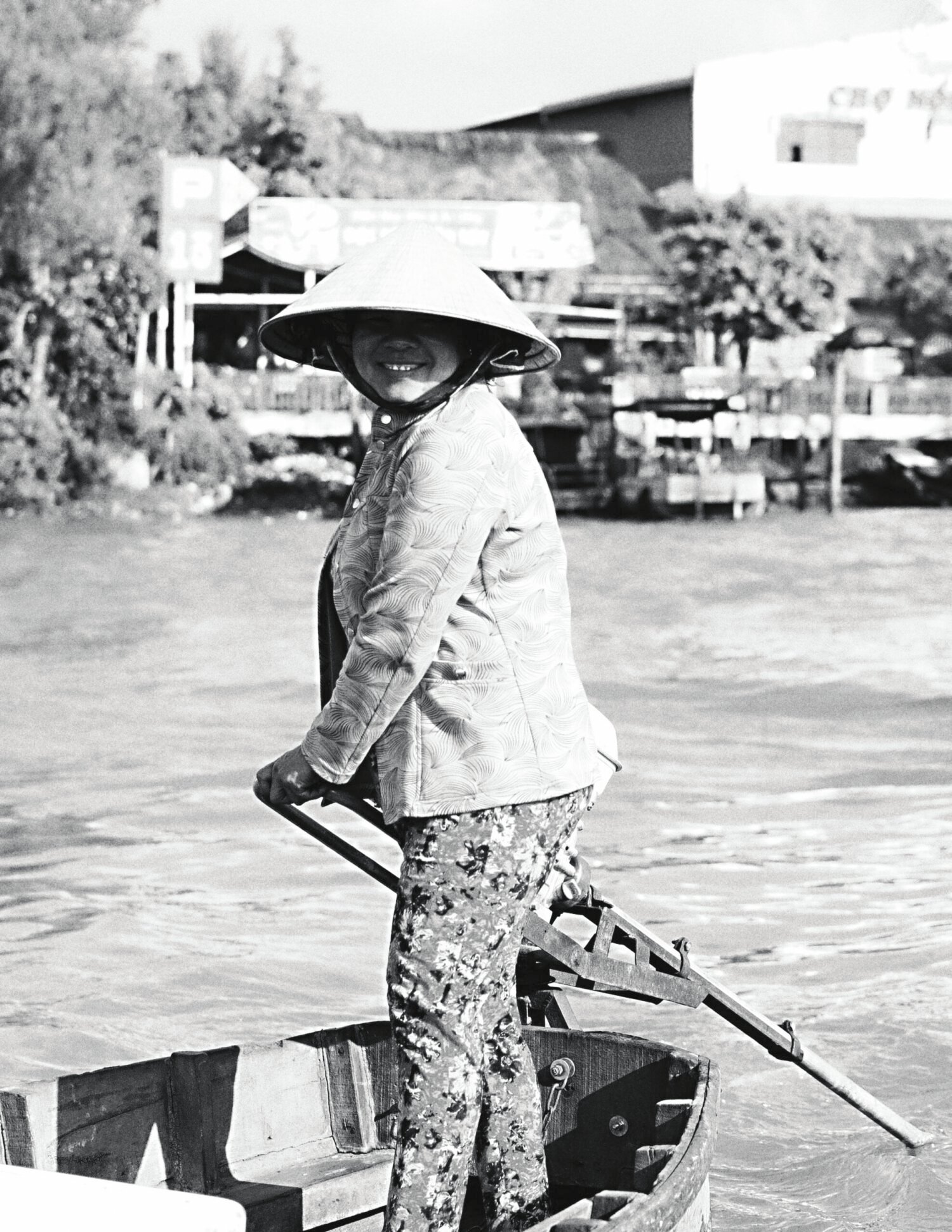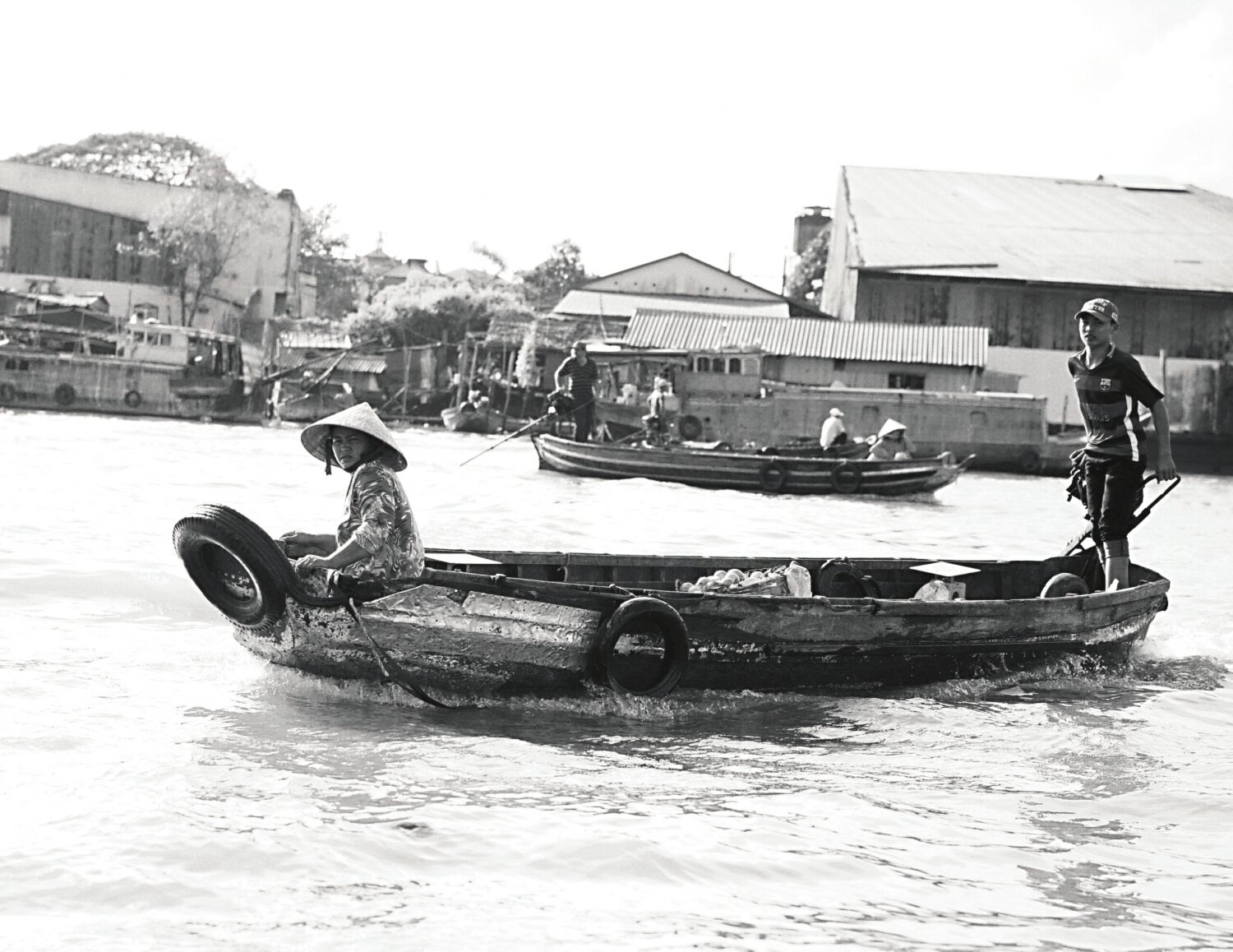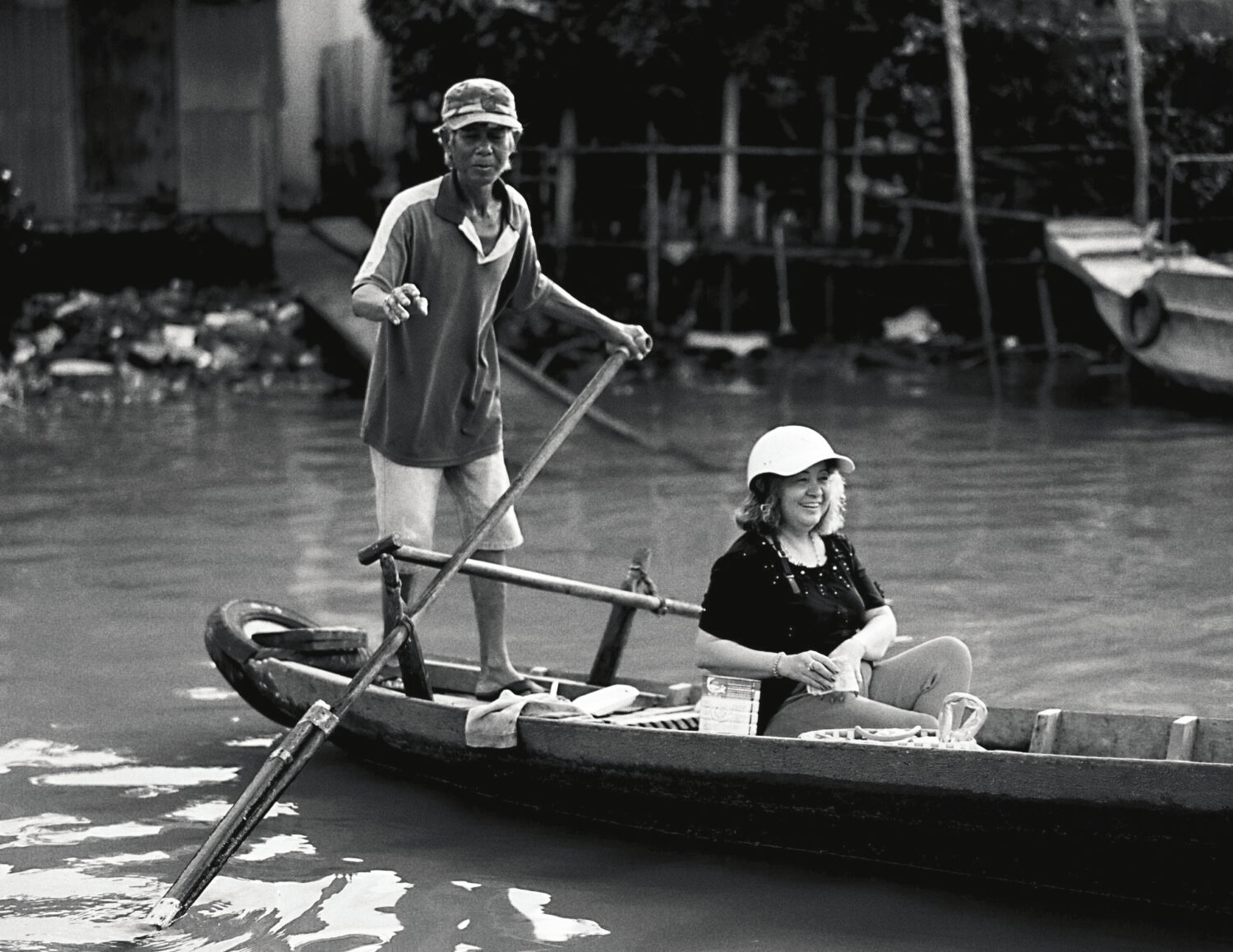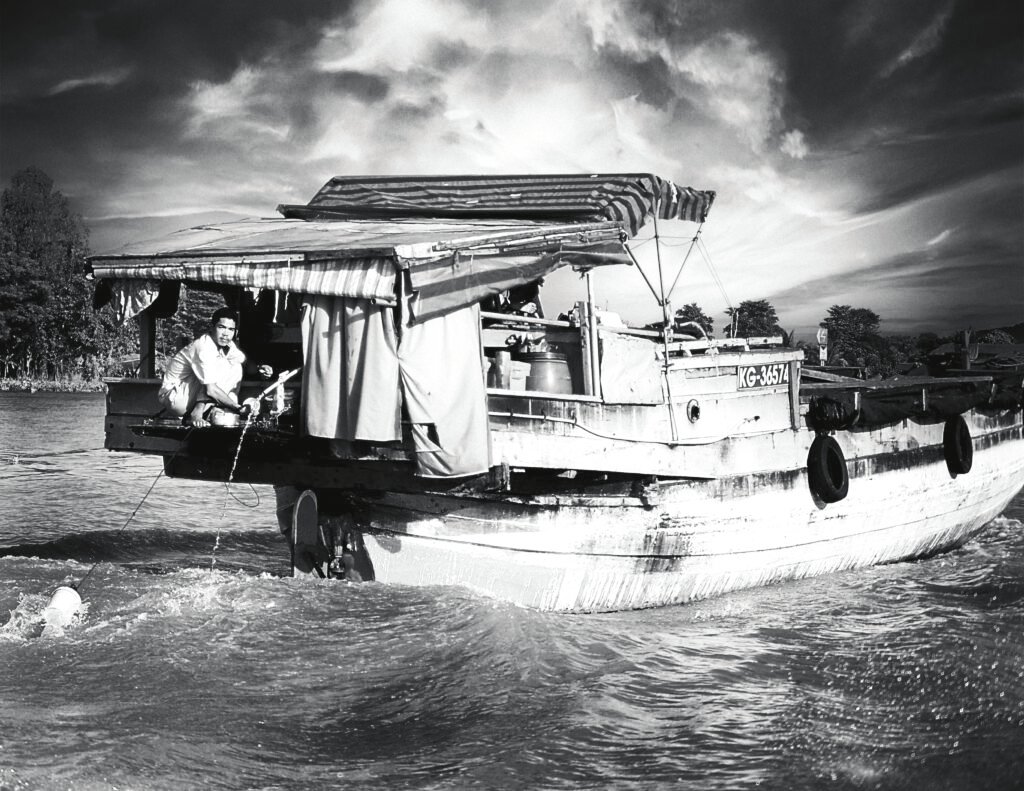
The Mekong River has been a vital trade route for centuries, connecting the region’s diverse cultures and economies. Historical records depict thriving trade along its banks, with goods ranging from spices and silk to cultural ideas exchanged between civilizations. Despite its importance, the Mekong faces various challenges that threaten its sustainability and the prosperity it brings. Environmental degradation, including deforestation, pollution, and habitat loss, poses risks to the river ecosystem and the communities dependent on it. Ensuring the long-term sustainability of the Mekong’s commerce requires a balance between economic development, environmental conservation, and equitable resource management. Through collaborative efforts and shared stewardship, the Mekong can continue to be a source of prosperity and unity for generations to come.
